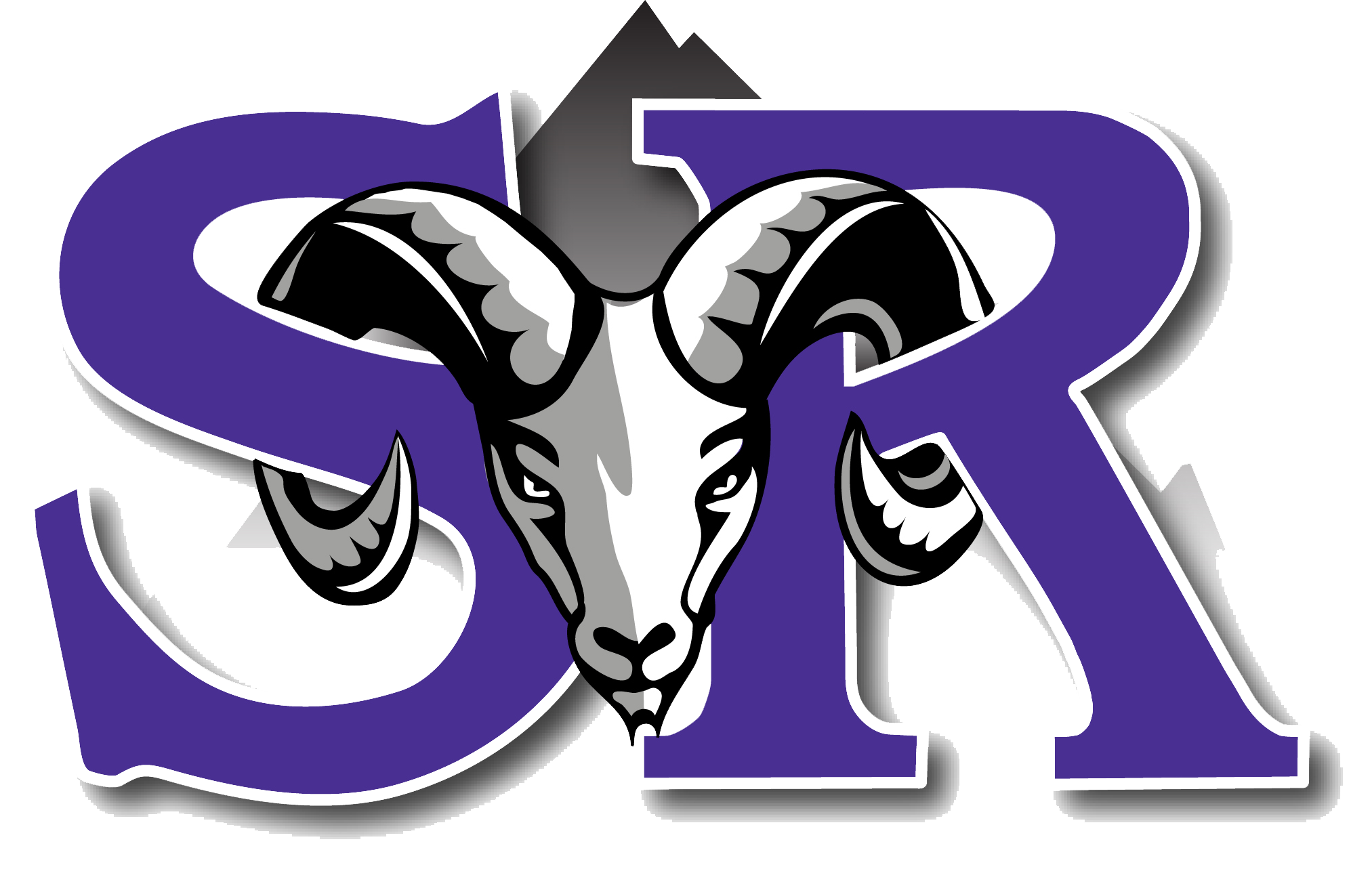
|
Mrs. Hulstrom |
Typing.com
(Join Class through Google Classroom)
Tynker Online Support Video Help
Code HS
Karel the Dog class code: 1251
Pen Drawing (Lesson 1)
Introduction
Welcome to the first lesson in the Programming 202 course! In this lesson, students will learn how to point an Actor, draw with a pen, and change the pen settings. Additionally, students will create their own interactive drawing project!New Code Blocks
: Start the program when the play button is selected.
: Point the Actor towards the parameter (e.g., mouse-pointer, touch location).
: Pick up the pen to stop drawing on the Stage.
: Put the pen down to draw on the Stage.
: Set the pen’s color to the specified color.
: React when the specified parameter is detected.
: Make the Actor repeat this loop while the condition is true.
: Move the Actor a specified number of units.
: Pause the program for a specific number of seconds.
Vocabulary
- Coding: Using a computer language to tell the computer what to do
- Sequence: The order in which steps or events happen
- Actors: Tynker characters and objects that can talk and interact with each other
- Command: A specific action or instruction that tells the computer to do something
- Loop: An action that repeats one or more commands a specific number of times
- Condition: A logical expression that evaluates to true or false
- Conditional statement: A type of statement that executes different parts of the code based on whether a logical expression evaluates to true or false
Objectives
Students will...- Use Pen commands and the “point towards” code block
- Use code blocks to create an interactive drawing project
Materials
- Computers, laptops, or mobile devices (1 per student) with student account access to Tynker.com
Warm-Up (15 minutes)
Think about...- What would you like to learn in the Programming 202 course?
- What is something you struggled with in the 201 Tynker course?
- What is something you excelled at in the 201 Tynker courses?
- What do you enjoy most about programming your own game?
Activities (45 minutes)
Facilitate as students complete all Pen Drawing modules on their own:1. Pen Drawing (Video)
- Watch a short video that introduces cool projects you can create using Tynker!
- Watch a sample of a race car drawing a line and collecting orbs.
- A space alien reviews three coding concepts:
- Point Towards Block - Use the “point towards” block: which tells an Actor to face towards something.
- Pen Down - Watch Codey demonstrate the “pen down” and “pen up” code blocks.
- Change Pen Settings - interact and review different pen drawing code blocks.
- In this module, you will play a completed Follow the Leader project. You’ll create your own version of this project in the next module!
- How to move the racer: Tell students to drag their mouse pointer (web) or drag their finger (mobile) across the Stage.
- Tell students to click the red stop button to move on to the next module.
- In this DIY (do-it-yourself) module, you will follow step-by-step directions to program a green racer to chase the mouse pointer (web).
- Did yoy finish early? Complete the bonus section (“Step 4” of the tutorial), where you will change the speed of the green racer and change the value of your “move pixels” code block.
- In this DIY project, you will practice sending and receiving messages as you use more pen tools to create trails for the starships.
- The alien broadcasts four messages to all Actors when clicked , and each message tells the spaceships to complete one side of a square by moving forward and turning 90 degrees.
- Did you finish early? Experiment with your code and make the ships draw different shapes!
- To solve this puzzle module, you will need to program the racer to paint a green line as it follows the mouse pointer (web) or touch location (mobile).
- Place the “mouse down?” block in the “repeat while” code block.
- In this module, you will play a completed Draw on Your Own project. you’ll create your own version of this project in the next module!
- “Which code block makes the car draw a line? ‘Pen up’ or ‘pen down?’
- In this DIY project, students will program an Actor to draw a continuous colored line on the Stage.
- After you finish coding your project, have fun drawing!
- Do you need ideas on what to draw?
- Here are some things you could draw:
- your favorite animal
- a house
- the mountains
- your favorite food
- Here are some things you could draw:
- Answer 5 multiple-choice questions to review concepts from this lesson.
Extended Activities (10 minutes)
More Practice- Challenge students to apply concepts from this lesson to create a project where a spider Actor spins a web as it follows the direction of the mouse (web) or touch location (mobile). Ask students to think about what kind of background and other elements they would like to include.
U.S. Standards
- K-12 CTSA Computer Science Standards (Revised 2017)
Computer Science Teachers Association:- 1B-AP-10
- 1B-AP-11
- 1B-AP-12
- 1B-AP-15
- 2-AP-12
- 2-AP-13
- 2-AP-15
- 2-AP-16
- 2-AP-17
- CCSS-ELA: RF.5.4.A, 6-8.RST.3, 6-8.RST.4, 6-8.RST.7
- CS CA: 3-5.AP.10, 3-5.AP.12, 3-5.AP.13, 3-5.AP.14, 3-5.AP.17, 6-8.AP.12, 6-8.AP.13, 6-8.AP.16, 6-8.AP.17
- ISTE: 1.c, 1.d, 4.d, 5.c, 5.d, 6.b
12551 Holly Street
Thornton, Colorado 80241
720-972-5040